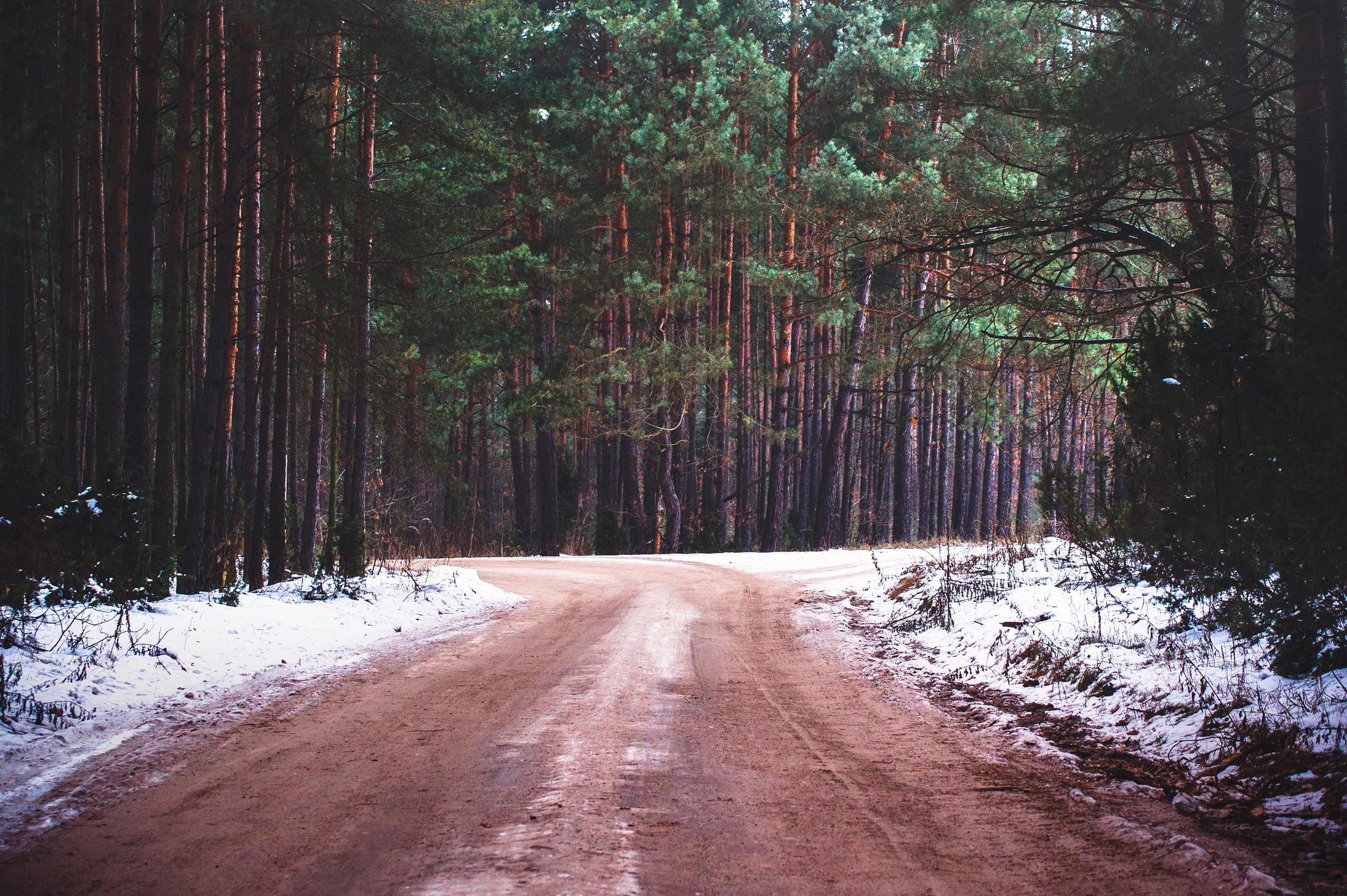The Cantrip of Words
Aaron Guest
 My mother once asked us kids if we’d rather spend our February vacation at Disney World or spend a week at a camp in the middle of Maine. It was unanimous. Vacation would be in sub-zero temperatures. We’d jump off the A-frame cabin roof into fifteen-foot snow drifts. Walk across a frozen Ironbound Pond. Invent card games. Watch bad movies. Eat pancakes. Use an outhouse.
My mother once asked us kids if we’d rather spend our February vacation at Disney World or spend a week at a camp in the middle of Maine. It was unanimous. Vacation would be in sub-zero temperatures. We’d jump off the A-frame cabin roof into fifteen-foot snow drifts. Walk across a frozen Ironbound Pond. Invent card games. Watch bad movies. Eat pancakes. Use an outhouse.
It was a shorter drive to the camp than to Disney World, but it felt like hours. Time is a curse of childhood. At the end of the trip there was a mile or so one-lane dirt road. It wound up and down and through a thick pine forest. Once the tires hit this road, whether it was dirt and gravel or packed slick with snow, the singing began:
We’re going up, up, up, to touch the sky. We’re going down, down, down, to touch the ground!
It wasn’t a lyrical song, but the words had meaning. It meant we were almost to a certain place. And we sang it on repeat until we reached that place. And my dad would take that final curve before the last hill so, so, so quickly.
Words are a legend, a key to understanding place. “Landmarks” is a book by British travel/nature writer Robert Macfarlane. It is obsessed with words. For Macfarlane the terrain, earth, quoting Proust, is “magnificently surcharged” with words that “bind story to place”. He tenaciously records hundreds of words of the British Isles and their meanings, “words act as a compass.” It is a book preserving the literacy of landscape, recognizing the “the power of certain terms to enchant our relation” to place.
Madeleine L’Engle said that “if we settle for a few shopworn words we are setting ourselves up for takeover by a dictator.” Macfarlane’s book has words that confound the dictatorial spellchecker. But a word like rionnach maoim describes an event I have witnessed — shadows cast on the mountain by clouds moving quickly on a windy day — and now, knowing it has a name—that it is Named— affords me “the joy and privilege of incarnation”.
Our family spent a lot of summers, too, going to that place in the woods in the middle of Maine, to the place my grandparents built five decades before, and each time we sang our song. I sang, solo, the final time I made the trek. Then it was with my wife and our son, who was one at the time. It was a few months after Grammie passed away and already it had became too much for Grampie to maintain. It was time to sell it.
Macfarlane says words have a magic spell, a cantrip, and uttering them allows a place to be sung “back into being, to sing one’s being back into it.”
I miss Grammie and Grampie’s Camp.